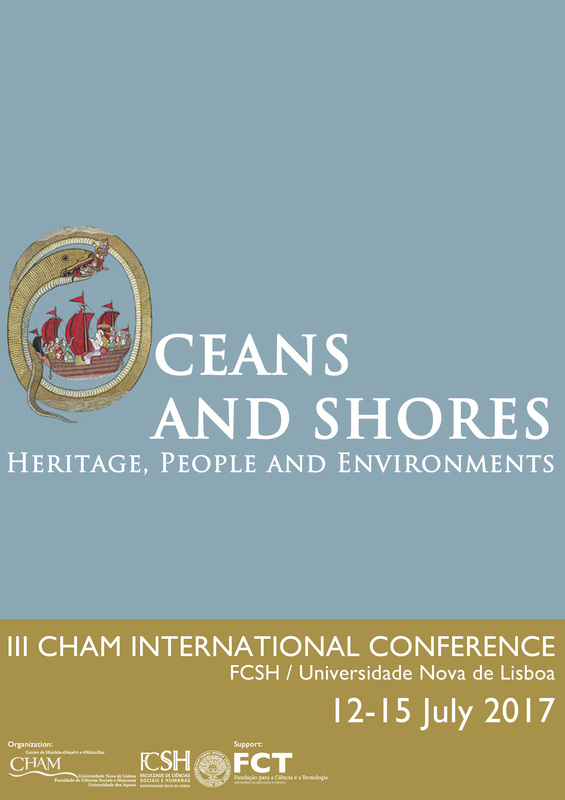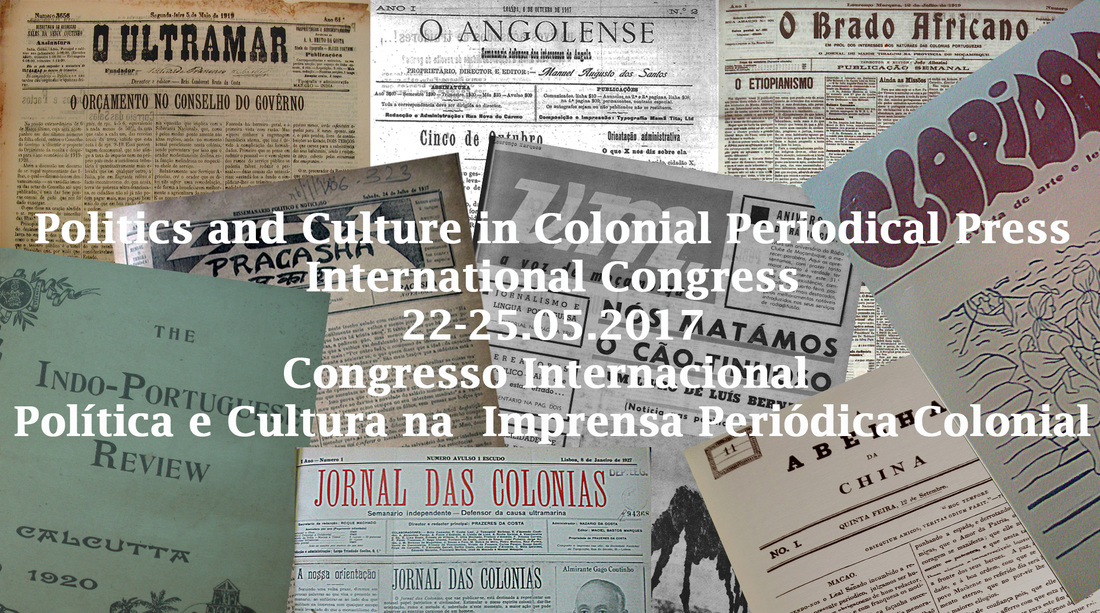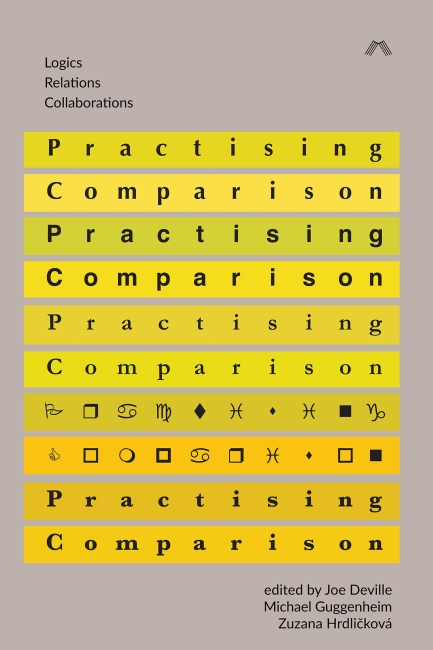As TechNetEmpire research project arrives to its end, eViterbo will remain and will be further developed.
Visit eViterbo at: https://eviterbo.fcsh.unl.pt/
We welcome contributions see how: eViterbo FAQ page.
Or read more about it:
Faria, Alice Santiago; Correia, Rute. eViterbo global report. Outlines on the creation of a research open platform using MediaWiki and Wikibase. Novembro 2022. https://doi.org/10.5281/zenodo.7380115
Faria, Alice Santiago, Mafalda Pacheco, e Sandra Pinto. eviterbo Brief Presentation. Dezembro de 2021. https://doi.org/10.5281/zenodo.7380197.
Faria, Alice Santiago, Sandra Pinto, e Mafalda Pacheco. Dezembro de 2021. eViterbo Enhancing Linked Research. Linked Pasts 7, Poster session Ghent University. https://doi.org/10.5281/zenodo.7405028.



